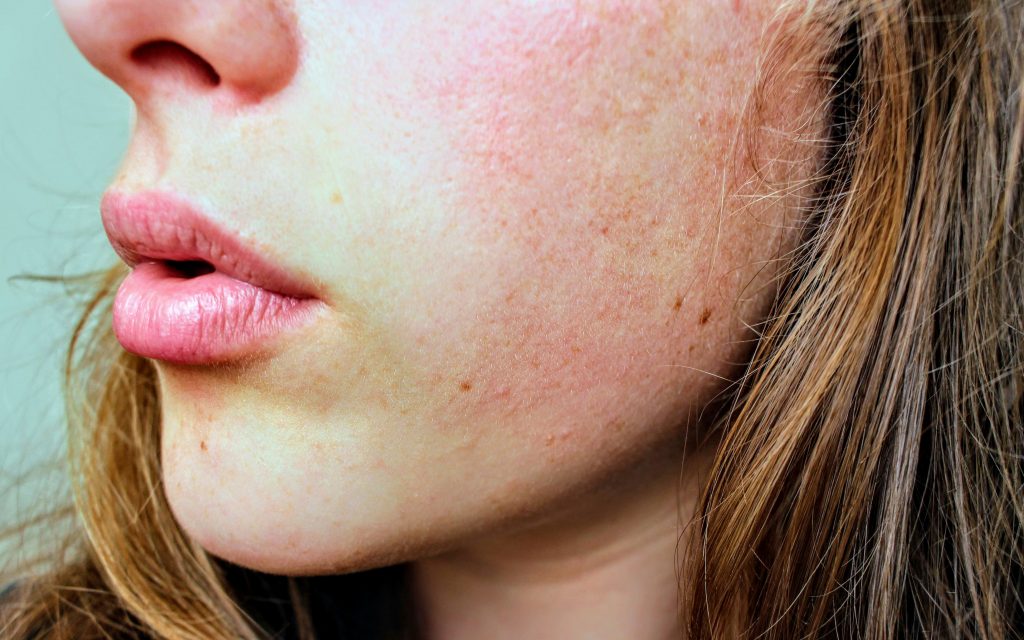Your skin is the covering for your body and also the mirror of your internal health – anything wrong with your skin could be a reflection of your internal health. Most times, things go wrong in various parts of our body, which are reflected on your skin but we tend to ignore these. It is not a good idea to ignore these signs your skin provide, as you may never know what triggers these signs from within your body. Here are signs that you need to contact a skin doctor and that you should not hesitate to visit a dermatologist for the potential of low level laser therapy or other skin treatments.
Skin Dryness
You may experience skin dryness during wintertime but if your skin becomes extremely dry, it may
be due to thyroid or diabetes.
If you have Acne
Although acne is a normal problem with the skin, especially in young people with oily skin, it becomes an issue and you should contact a skin doctor for if the acne continues for an extended period. Having acne for a long time may be as a result of hormonal disturbance and may subsequently lead to thyroid disease. Contact your skin doctor as soon as possible.
Skin Rashes
Most skin rashes are due to heat and sunburn, but sometimes they may be as a result of drug allergy or viral infections. It is then advisable to visit your skin doctor.

Itching
Most times, itching is as a result of either an infection in the body or in more severe cases, diabetes. More so, a high level of creatinine or bilirubin in the body as a result of liver or kidney problems can result in itching. It is therefore important to visit your dermatologist if you experience prolonged itching.
Also, prolong itching may be as a result of an allergic reaction to medications or body cream. So,
always pay attention to any sign of itching on your skin whenever you start a new medical or body cream prescription.
Darkening of the neck and underarms
Darkening of the neck and underarms is called Acanthosis nigricans or Keratosis nigricans. It is a
symptom of insulin resistance and a precursor to diabetes that results in a skin pigment disorder
characterised by dark patches with thick velvety texture in body creases and folds. Most times,
people think this skin disorder is just some allergy or dirt but that is not always the case. Contact
a skin specialist.
Yellow deposits appearing around the eyes
Once you notice yellow deposits around your eyes, these are cholesterol deposits, which are often
as a result of an abnormal lipid profile.
Unusual sun sensitivity
If you begin to experience more sun sensitivity on your skin than usual, which may be accompanied with intense fatigue and muscle aches, contact a skin doctor for a blood test or biopsy. Unusual sun sensitivity may be a sign of systemic lupus, which needs an urgent attention of a dermatologist.
Persistent redness on the face
If you notice a prolonged redness on your face, especially on the nose areas or cheeks, which may
either be accompanied with itching or not, then go immediately to consult your dermatologist. This
may be a symptom of lupus, which is an internal disease that can affect the oral cavity, joints, liver,
or kidneys.
Brown patches on the skin
Brown patches on the skin are caused by Melasma – a kind of hormonal reaction that causes brownpatches on the upper lips and forehead. This annoying skin condition is commonly associated with pregnant women or anyone who takes hormonal birth control. If you notice any of the signs above on your skin, it is advisable that you visit your skin doctor without delay.
Remember, signs on your skin are tell-tales about your internal health condition and the importance of getting this checked out cannot be stressed enough.